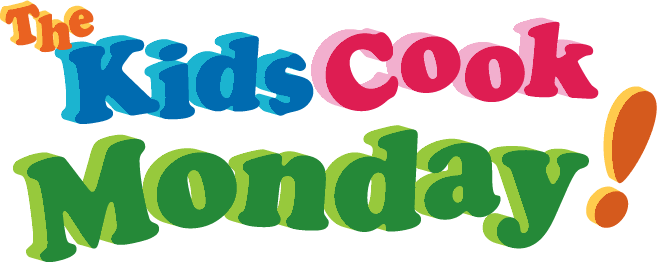Here is another great post from Kimberly at It Began in Camp 4. Check out her blog and show her some love! Thanks for filling in and I will be back next week.
Let's talk chocolate. I LOVE chocolate. So it was a bit of a blow to learn more about how chocolate is produced. A lot of the cocoa used comes from the Ivory Coast and child slave labor is used to harvest it. Puts more than a little bit of a tarnish on my fifty cent chocolate bar. Is cheap chocolate worth knowing children were horribly mistreated?
So I've been considering what I should do. Boycott all chocolate? The problem with that is pulling money out of the cocoa industry completely certainly isn't going to help the economic situation that contributes to these problems. Besides that, I'm already totally addicted. So I started reading up on fair-trade cocoa. The fair trade certification indicates that the farmers are paid a fair price (i.e. a higher price) for their cocoa and in return, they allow inspections to be sure their workers are being treated fairly. In the case of chocolate, I've read organic chocolate can be considered fair trade as well because the Ivory Coast does not produce organic chocolate.
Some chocolate bars are labeled fair trade or organic. Many (notably Hershey, M&M/Mars and Nestle products) are not. There was an effort to help consumers know their chocolate was slave labor free through the Harkin-Engel Protocol. This bill was passed in the House, but stopped from passage in the Senate through lobbying efforts and an agreement by the industry to voluntarily adopt some of the provisions. The original deadline was 2005 and when changes had not been made at that point, it was extended to 2008. Obviously, we have no more assurance today than we did before the protocol how the cocoa in most of our chocolate was harvested. While some (mostly smaller) companies make the effort to trace their supply chain and be sure sure their cocoa is slave labor free, others receive their cocoa from multiples sources, so each batch is likely a mix of slave labor cocoa from the Ivory Coast and cocoa from other parts of the world that is produced more fairly. Cadbury (now owned by Kraft) only uses fair trade cocoa from Ghana, but that Cadbury only distributes products in the UK, Ireland, Australia, New Zealand and South Africa. Since 1988, Cadbury products made in the United States have been made by Hershey. Unless the Raise the Bar campaign is successful, it would seem my beloved Cadbury Mini Eggs are off the table and I'll have to stick to imported Cadbury bars.
The good news is that this fair trade, organic chocolate is REALLY tasty stuff. And let's face it, if you pay more, you're probably going to eat less. Rather than scarfing down a fifty cent Hershey bar and having to wonder if the cocoa was harvested by mistreated children, I can spent $3-$4 on a fair trade bar, and slowly eat one or two squares, then wrap it up to enjoy later. It's easier on the waistline and easier on my conscious. My wallet doesn't even take that big of a hit because I'm spending about the same amount, just getting less chocolate. Recently, I've become a fan of Theo Chocolate and Equal Exchange chocolate. Milk chocolate varieties are my favorite, I tend to steer clear of dark chocolate. My husband likes dark chocolate though, so I've tried those out too. I believe it's simply because the cocoa content is higher, but the dark chocolate version of these brands have more of a coffee undertone to them than a regular Hershey's Dark bar. I have also tried Endangered Species chocolate and didn't like it quite as much...the milk chocolate varieties taste more like dark chocolate to me. I've heard rave reviews about Dagoba too.
And while we're here, coffee has a lot of the same issues as chocolate. I'm not a coffee drinker, so I haven't done as much research on which companies are fair trade and which aren't, but it's another topic worth looking into.
Kimberly Hill blogs almost daily at It Began In Camp 4 about cooking, food preservation, homeschooling, sewing, road tripping with kids and anything else that comes up.
Friday, May 6, 2011
Subscribe to:
Post Comments (Atom)














No comments:
Post a Comment